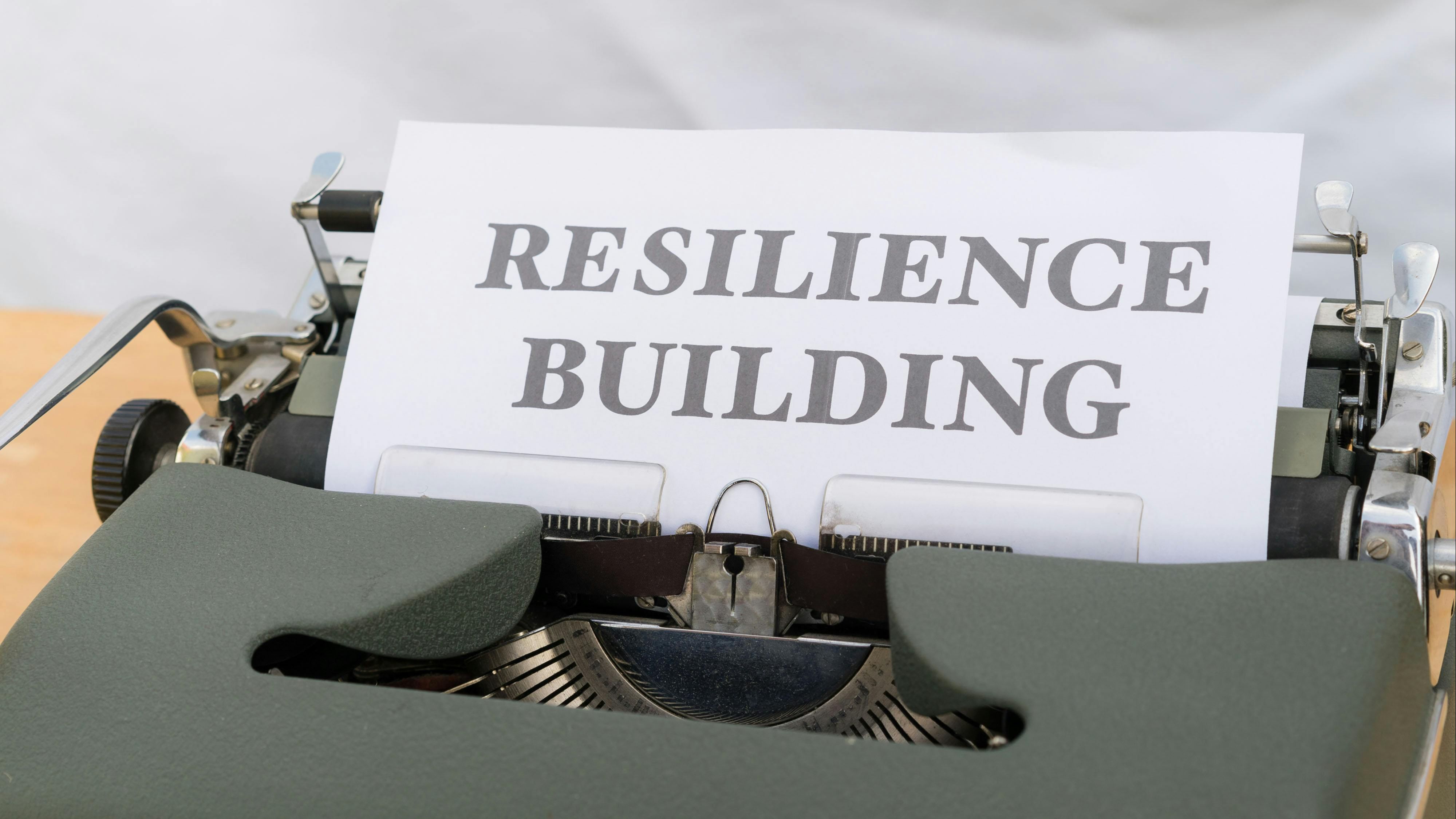Addressing the Health Crisis in Canada: A Call to Action

Canada faces a growing health crisis that demands urgent attention. Approximately 34% of Canadian adults report having at least one chronic disease—such as diabetes, heart disease, or chronic obstructive pulmonary disease (COPD)—which means over 10 million Canadians are regularly accessing healthcare due to these conditions. This highlights the critical need for a proactive approach to promote health and prevent further escalation of chronic diseases across the country.
The Current Landscape of Health in Canada
Beyond the chronic disease epidemic, only 2.7% of Canadian adults meet the recommended guidelines for sleep, physical activity, and fruit and vegetable intake. Even more concerning, among those who meet all three of these health guidelines, 15-25% still struggle with mental health issues like anxiety and depression. This illustrates that while physical health is vital, it is often not enough to ensure complete well-being.
Moreover, nearly 18 million Canadians are at risk o...
The Power of Gratitude: Why Saying "Thank You" Can Make You Happier
Imagine you're walking through a beautiful park on a sunny day, feeling the breeze and listening to the birds sing. You're filled with a sense of peace and joy. That's a little bit of what gratitude feels like—a mix of thankfulness and joy from experiencing something good, whether it's a gift from someone or just the beauty of nature.
But did you know that feeling grateful can do more than just make you feel good in the moment? Studies have shown that gratitude has some pretty amazing benefits for your health, relationships, and overall happiness!
Why Gratitude Is a Big Deal
-
Gratitude Makes Us Better People According to a 2012 study by the University of Kentucky, people who regularly practice gratitude are more likely to be kind and helpful, even when others aren’t so nice. It’s like a ripple effect of positivity!
-
Health Benefits Galore When you consistently acknowledge and express thanks, you can enjoy better health, improved sleep, and stronger relationships. It turns out
...
Vision & Values: Your Blueprint for a Quality Life
Crafting a Quality Life: The Power of Vision and Values
In our fast-paced world, it’s easy to get swept up in the hustle and bustle, losing sight of what truly matters. However, living a quality life is not just about ticking off achievements or accumulating wealth. It’s about having a clear vision and understanding your core values. These elements are the compass that guides you through life’s complexities, helping you to live with purpose and fulfillment.
Why Vision Matters
A vision is like a lighthouse in the distance, offering direction and hope amidst life’s uncertainties. It’s not just about setting goals; it’s about defining what you want your life to look like in the long run. When you have a clear vision, you create a roadmap that helps you navigate challenges, make informed decisions, and stay focused on what truly matters.
A powerful vision gives you:
- Purpose: It provides a sense of direction, ensuring that every step you take is aligned with your long-term aspiration ...
Discovering Happiness: Unlocking the Secrets to Lasting Joy
In our quest for contentment, we often overlook the foundational keystones that anchor our sense of fulfillment. Amid the hustle and bustle of modern existence, two pillars emerge as luminaries guiding us towards a life imbued with joy and purpose: agency and gratitude. Together, they form a potent fusion, empowering us to navigate life's twists and turns with resilience and grace.
Empowering Agency:
At its essence, agency embodies the conviction that we possess the power to shape our own destinies. It is the unwavering belief in our ability to effect change, make choices aligned with our values, and steer the course of our lives. Rooted in the seminal work of psychologists like Albert Bandura, agency encompasses four key facets:
- Intentionality: Making conscious commitments to take charge of our lives, free from the constraints of external influences.
- Forethought: Envisioning our desired future and charting a course towards our goals with purpose and clarity.
- Self-reactiveness: ...
Introduction to Sleep's Role in Resilience - A Q-Life Sneak Peek
Welcome to this sneak peek into the Q-Life program! In this brief clip, we’ll explore how quality sleep is a cornerstone of resilience. Discover how getting the right amount of rest can boost your mental strength, help you bounce back from challenges, and support a resilient lifestyle. Stay tuned to learn more about the transformative power of sleep and how Q-Life can guide you toward a healthier, more resilient you.
Exploring Hardiness: A Key Factor in Building Resilience

In an era characterized by rapid change and uncertainty, resilience has become an essential trait for individuals and communities alike. A crucial component of resilience is hardiness, a personality trait that equips individuals to handle stress and adversity effectively. This blog delves into the concept of hardiness, examines whether it has diminished over time, and discusses initiatives like the Q-Life that aim to strengthen this vital characteristic.
Understanding Hardiness and Its Role in Resilience
Hardiness is a personality trait that helps individuals withstand stress and adversity, making it a critical component of resilience. The concept, introduced by Suzanne C. Kobasa in 1979, encompasses three core attitudes:
- Commitment: A deep engagement with life’s activities and an interest in the surrounding world.
- Control: The belief in one’s ability to influence events through personal effort.
- Challenge: Seeing change and challenges as opportunities for personal growth rath ...
How Work Culture is Killing Your Resilience and Mental Health

In today’s demanding work environments, the pressure to perform can often eclipse the importance of mental health and resilience. Despite practicing numerous resilience skills, some work cultures can still overwhelm our mental defenses. The notion that one can simply become more resilient and thrive in any environment is a myth, especially in toxic or unsupportive workplaces.
The Limits of Resilience Skills
While resilience skills can be beneficial in many circumstances, there are situations where they simply aren’t enough. Certain work cultures can be so demanding and unrelenting that they exhaust even the most robust resilience strategies. If employees consistently face these challenging conditions, their mental health and resilience will inevitably suffer.
The 13 Factors of Workplace Mental Health
To understand the impact of work culture on mental health, it’s essential to consider the 13 factors related to mental health in the workplace. These factors provide a comprehensive fr...
The Hidden Reasons You're Less Resilient Today – And How to Bounce Back Stronger

In recent years, many of us have noticed a troubling trend: our resilience seems to be waning. The ability to bounce back from adversity, handle stress, and adapt to change feels harder to come by. Why is this happening? Let's explore some compelling reasons behind this phenomenon and how we can reclaim our resilience.
The Impact of Social Comparison Platforms
One of the most significant factors undermining our resilience is the pervasive influence of what I call "social comparison platforms," commonly known as social media. These platforms are designed to keep us engaged by encouraging constant comparison with others. Research has shown that excessive use of social media can lead to feelings of inadequacy, anxiety, and depression . By constantly comparing ourselves to curated and often idealized versions of others' lives, we undermine our self-worth and resilience.
The Evolution of News Media
The news industry has also transformed dramatically. In the mid-20th century, news was of...
Unlocking Productivity: The Power of Quality Sleep and Strategic Napping
In today's fast-paced world, where productivity often seems like the ultimate goal, it's easy to overlook one of the most crucial factors that contribute to our overall performance: sleep. Quality sleep isn't just a luxury; it's a fundamental pillar of our physical and mental well-being. In this article, we delve into why quality sleep matters and explore the benefits of strategic napping in enhancing productivity and overall health.
The Importance of Quality Sleep
1. **Cognitive Function:** Sleep plays a vital role in cognitive function, including memory consolidation, problem-solving abilities, and decision-making skills. During sleep, the brain processes information gathered throughout the day, strengthening neural connections and optimizing cognitive performance.
2. **Emotional Regulation:** Adequate sleep is essential for emotional regulation. Sleep deprivation can lead to irritability, mood swings, and heightened stress levels. By prioritizing quality sleep, individuals can be...
